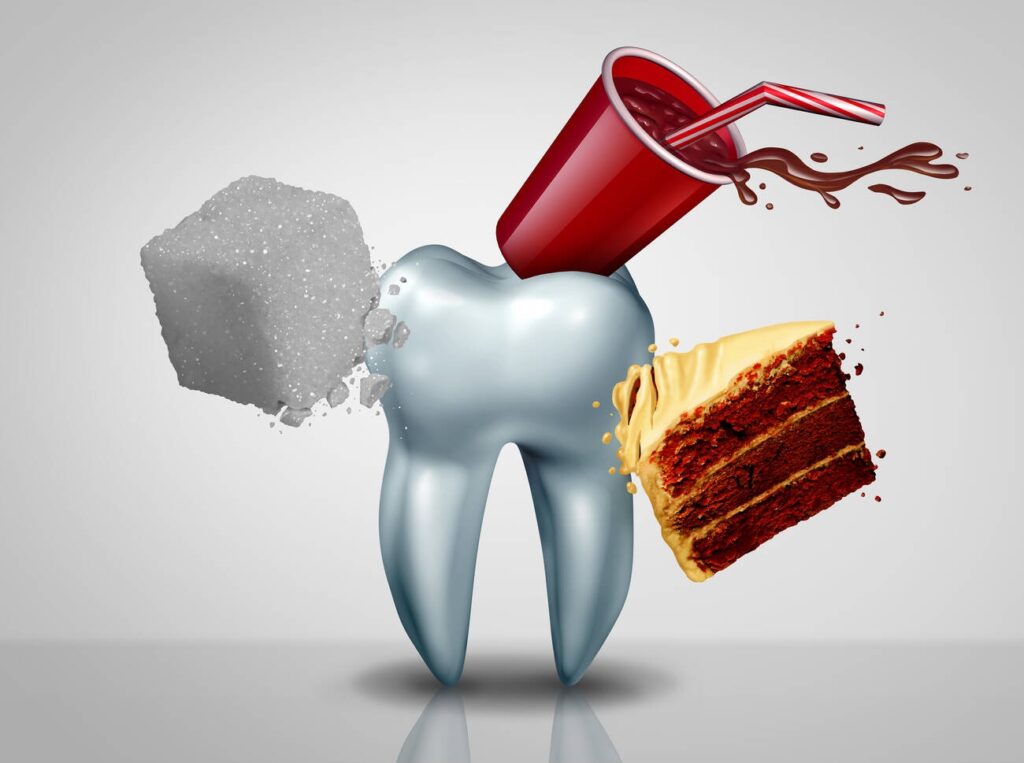It’s almost like getting a cavity filled is a bit of a win situation—finally taking care of that annoying toothache. But the question, “How soon can I eat?” is practically the first one to be asked after the dentist is done. The question is really a good one, and the answer varies from person to person. Let’s look at it step by step.
Why Timing Matters After a Filling
You need to give your tooth some time to calm down after a filling and especially if you had a local anaesthetic (the numbing stuff). If you eat too quickly, you may damage the new filling or, because of the numbness, bite your cheek or tongue by mistake—which cannot only be uncomfortable but also sometimes very painful!
How Long Should You Wait?
1. Composite (White) Fillings: The composites are a trend in London and almost always quickly hardened by a special light in the dentist’s office. Generally, it can be allowed to eat after 1 to 2 hours, when the numbness is gone. However, it is still advisable to consume only soft foods and to stay away from sticky or hard products for a little longer. Porridge, scrambled eggs, and soups are good choices as they are gentle on both teeth and stomach.
2. Amalgam (Silver) Fillings: These require a longer waiting period before they can be used for chewing. It is commonly advised to wait for 24 hours before using the side of the mouth with the new filling. Until the time comes, only soft foods should be consumed, and the good manners of chewing on the other side should not be forgotten.
What About Sensitivity?
After filling, the tooth will sometimes be sensitive to stimulus and in some cases tender, a situation which might last a couple of days. If the feeling is troubling, only soft foods should be taken, and the consumption of very hot or cold goods should be avoided. If after a week the sensitivity is still there or it becomes worse, the patient should contact his dentist in London for professional advice.
Foods to Enjoy (and Avoid) Post-Filling
Eat:
– Soft porridge or oatmeal
– Yogurt and smoothies
– Mashed potatoes or soft veggies
– Scrambled or boiled eggs
– Mild soups and broths
Avoid:
– Chewy sweets and gum
– Hard, crunchy foods like nuts or crisps
– Very hot or cold drinks and foods for the first day or two
– Sticky foods that might pull on the filling
Thinking about enhancing your smile? Visit our page on composite bonding London to explore treatment options, costs, and expert advice.

